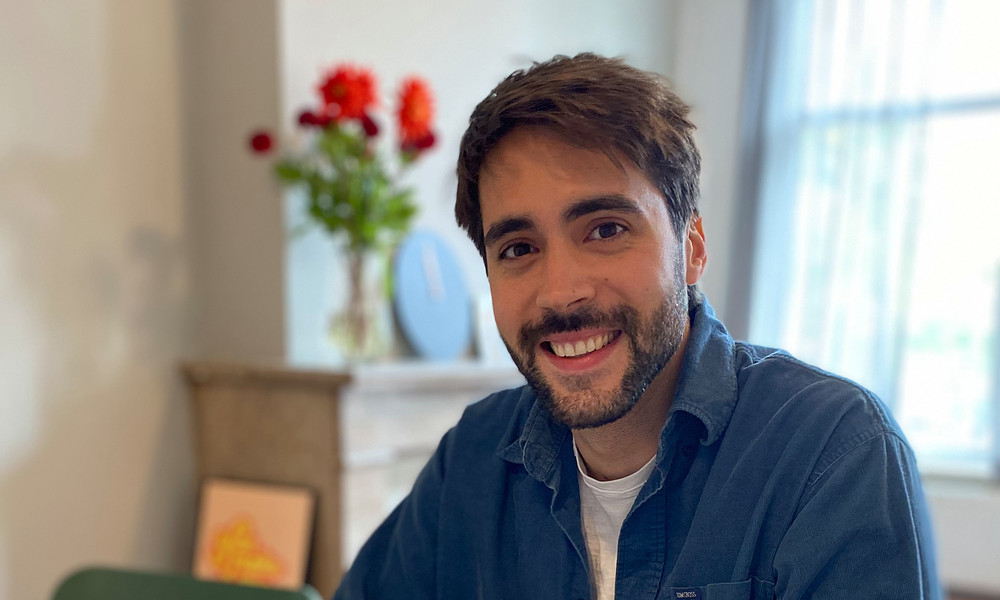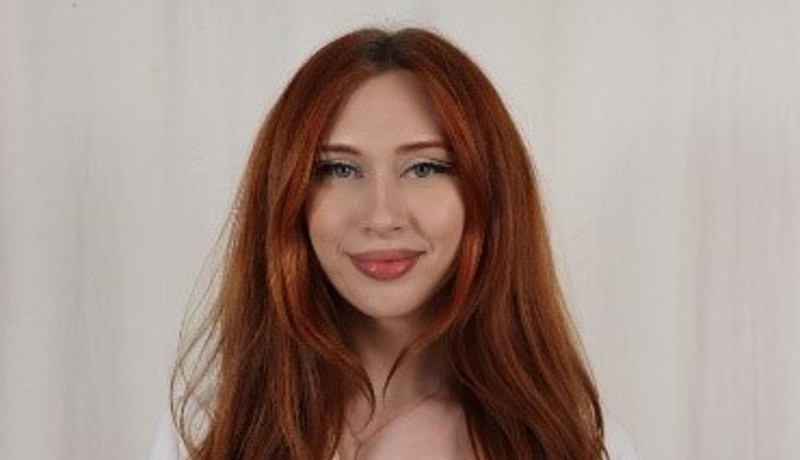
During his bachelor's degree in Civil Engineering in Argentina, Pedro already knew he wanted to pursue an advanced master's degree. Yet he first worked in his home country for a few years before deciding to start studying again. He finds it important to contribute to the Energy transition, that's why he chose the master Sustainable Energy System Management.
‘At the moment I'm writing my thesis and building an energy model at TNO in Rotterdam and working for the wind department. I feel really lucky that I found this position because TNO is a big player in the energy transition.’
‘Finding an internship or thesis project is not easy, especially as a non-EU citizen. Start applying early and be open to different kinds of opportunities. In my case, I started to apply in February until I came across the position ad on the TNO website and after the first interview, the process was straightforward. The start at TNO was very challenging, I learnt a lot about energy modeling during the specialisation at Hanze (System Innovation Management) and I had some experience in programming, but I had to learn more about offshore energy hubs. I had already started my internship in June, so I had time to learn a lot about the theoretical and literature side of offshore wind, solar, hydrogen production and storage systems offshore.’
‘The model that I'm building is an optimisation model for offshore renewable-based energy hubs considering wind farms, floating solar farms, hydrogen production and storage systems. I am creating sort of a framework for these offshore hubs particularly for their future role in the North Sea. Considering only export capacities (cable for electricity and pipes for hydrogen) I`m building an optimisation model that allows to minimise costs, study the LCOH, LCOE and curtailment rate. The model can be easily expanded to study other indicators such as the use of space, environmental impact (CO2 emissions) or even economic losses due to the impact on fishing areas and more.
‘As I am concerned in terms of literature, there are no optimisation models like this before because most of the optimisation models are for a specific purpose, like only focusing on a specific demand, and most of them on shore. My model/framework can be implemented in a big variety of projects if a specific demand wants to be analysed and also it can be replicated internationally to study other regions.'
‘For me it's important that my model can be used in different areas, because with this project I really want to make a change according to the sustainable goals and energy transition. Obviously one of the main reasons I chose this master is because I want to have a positive impact on the planet. We as the world population have a big task to do and being able to develop a model other companies, institutions or people could use as well to optimise the use of resources, space and impact, is something I'm proud of.’
‘I haven’t finished my thesis completely yet, but I can already say I have learnt so much. Everyone from TNO was super helpful, everyone was open and willing to help. I have also developed new technical skills. One of the most important things is Python, the programming language that I used to create the model. I had to learn an optimisation library to build the algorithm which is called PYOMO. I didn’t know how to use it before, but it is a very well-used library for optimisation models and I had to learn it on the job.’
Feedback component
How satisfied are you with the information on this page?





